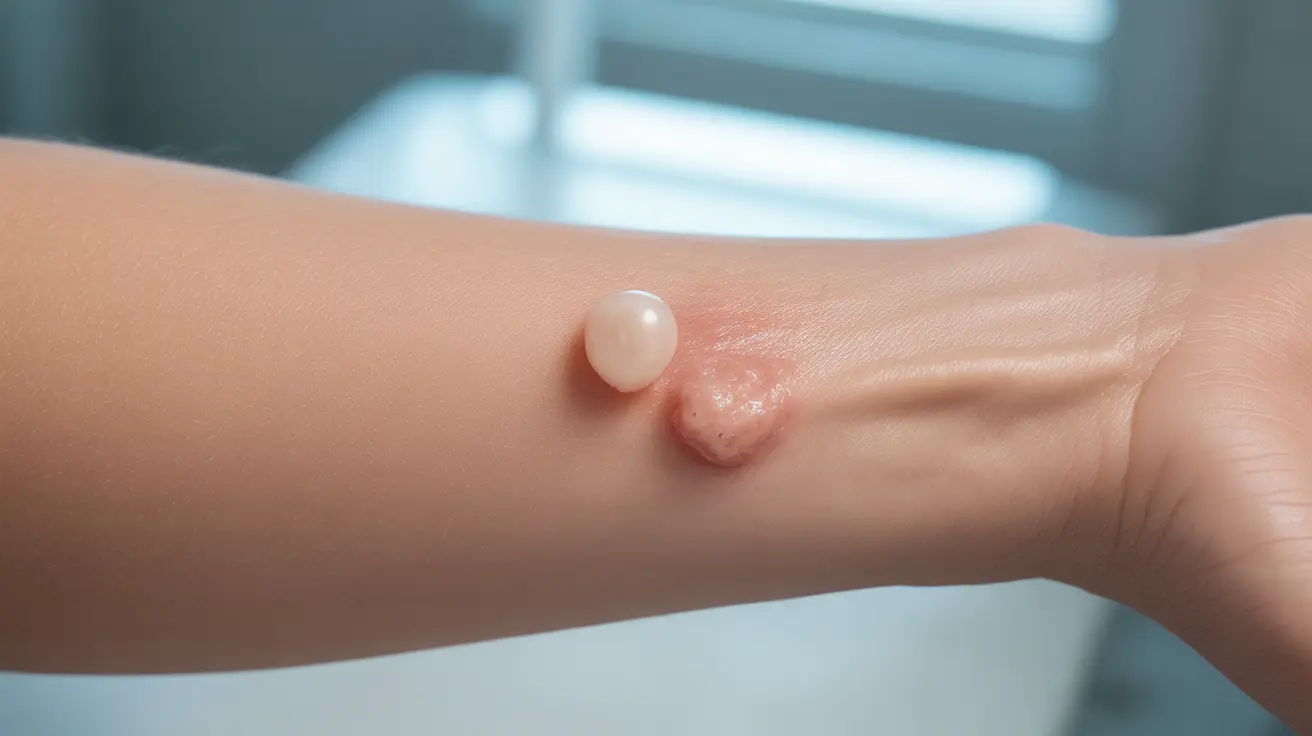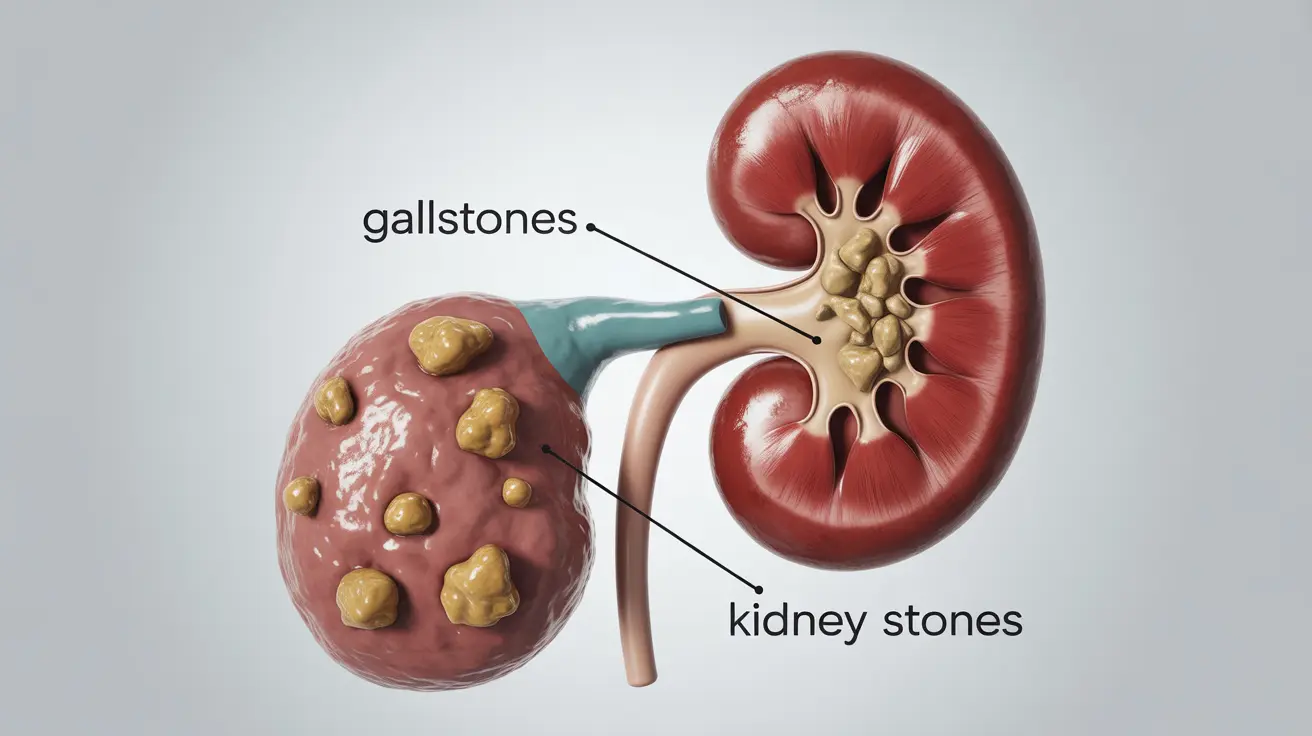Learning that your mom has breast cancer can trigger a whirlwind of emotions and challenges. Whether you're an adult child taking on caregiving responsibilities or a younger person trying to understand this diagnosis, you're not alone in this journey. This comprehensive guide will help you navigate the emotional and practical aspects of supporting your mom through breast cancer treatment while taking care of yourself.
Understanding Your Role as a Family Caregiver
When your mom receives a breast cancer diagnosis, you may suddenly find yourself in a caregiver role. This transition can feel overwhelming, but understanding what to expect can help you provide better support while maintaining your own well-being.
Emotional Impacts and Common Reactions
It's natural to experience a range of emotions when your mom has breast cancer. You might feel fear, anxiety, sadness, or even anger. Acknowledging these feelings is an important first step in managing your emotional health while supporting your mother.
Creating a Sustainable Caregiving Plan
Effective caregiving requires organization and clear boundaries. Consider creating a schedule that balances your mom's care needs with your own responsibilities and self-care requirements.
Building a Support Network
Don't try to handle everything alone. Reach out to family members, friends, and healthcare professionals who can share caregiving responsibilities. This network can provide both practical assistance and emotional support during challenging times.
Managing Medical Care and Treatment Support
Understanding your mom's treatment plan is crucial for providing effective support. Stay organized with appointment schedules, medication management, and treatment side effects monitoring.
Communication with Healthcare Providers
Take an active role in communicating with your mom's healthcare team. Keep detailed notes during appointments and don't hesitate to ask questions about treatments, side effects, or care instructions.
Practicing Essential Self-Care
While focusing on your mom's needs is important, maintaining your own physical and mental health is crucial for sustainable caregiving. Make time for regular exercise, proper nutrition, and activities that help you decompress.
Setting Healthy Boundaries
Learn to recognize your limits and communicate them clearly. It's okay to say no to additional responsibilities when you're already at capacity, and it's essential to maintain aspects of your own life outside of caregiving.
Frequently Asked Questions
What are the most common emotional challenges faced by caregivers of loved ones with breast cancer?
The most common emotional challenges include anxiety about the future, feelings of helplessness, guilt about taking time for self-care, and difficulty balancing caregiving with other life responsibilities. Many caregivers also experience grief and fear about potential outcomes.
How can I prioritize self-care when caring for a family member with breast cancer?
Prioritize self-care by scheduling regular breaks, maintaining a healthy sleep schedule, exercising regularly, and keeping up with your own medical appointments. Set boundaries and accept help from others when offered. Consider joining a support group for caregivers.
What are the key differences between invasive and non-invasive breast cancer treatments?
Non-invasive treatments typically include radiation therapy and some forms of hormone therapy, while invasive treatments involve surgery, such as lumpectomy or mastectomy. The choice between treatments depends on cancer type, stage, and other medical factors that your mom's healthcare team will evaluate.
How can I manage stress and prevent burnout as a caregiver for someone with breast cancer?
Manage stress by practicing stress-reduction techniques like meditation or yoga, maintaining social connections, and seeking professional counseling if needed. Regular respite care and sharing caregiving duties can help prevent burnout.
What support resources are available for caregivers of patients undergoing breast cancer treatment?
Available resources include cancer support organizations, online support groups, hospital social workers, counseling services, and local cancer support centers. Many organizations offer practical assistance, educational materials, and emotional support specifically for caregivers.
Remember, taking care of yourself isn't selfish—it's essential for providing the best possible care for your mom during her breast cancer journey. Don't hesitate to reach out for help when you need it, and take pride in the important role you're playing in your mom's care.




